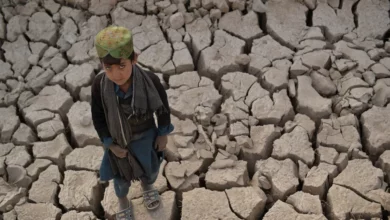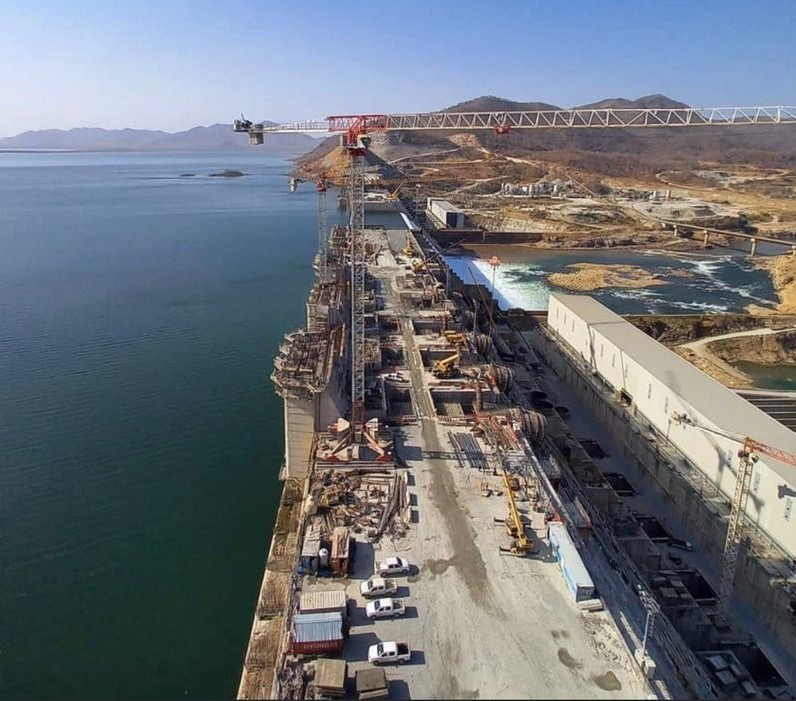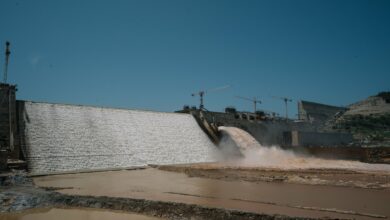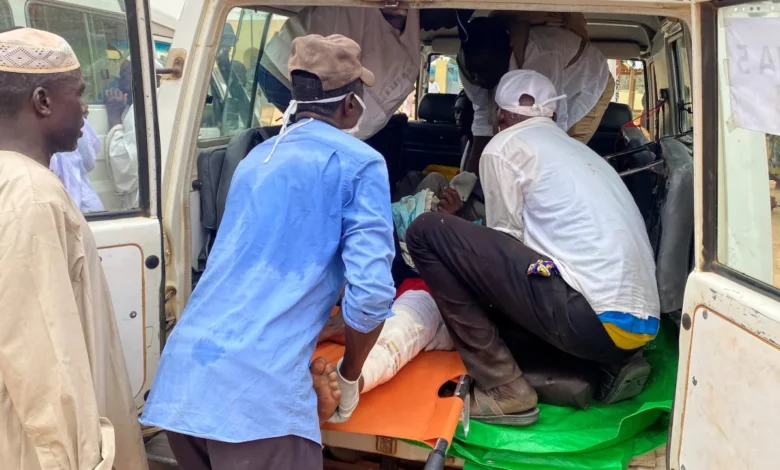
Activists say 500 bodies across the city have been identified, and that they believe “thousands” more remain unburied on streets and inside homes.
The Darfur Bar Association said that the bodies of those killed in the city “are still scattered in the streets and inside homes, public facilities and mosques,” and that the majority of the population has left the city, an independent Sudanese media outlet, Radio Dabanga, said on its website.
Residents and civil society groups also described bodies left in the streets earlier this month, saying many could not be collected for burial due to heavy fighting in the city.
CNN could not independently verify the reports due to a communication blackout that continues in the area, and has reached out to United Nations Office for the Coordination of Humanitarian Affairs for confirmation.
Across Sudan, at least 3,000 people have been killed since conflict broke out on April 15, the country’s Minister of Health Haitham Ibrahim said in an interview on Saudi al-Hadath television on Saturday. Fighting erupted in mid-April between Sudan’s Armed Forces and its Rapid Support Forces paramilitary group.
Information on casualties from Darfur is limited due to the communication blackout, Ibrahim also said.
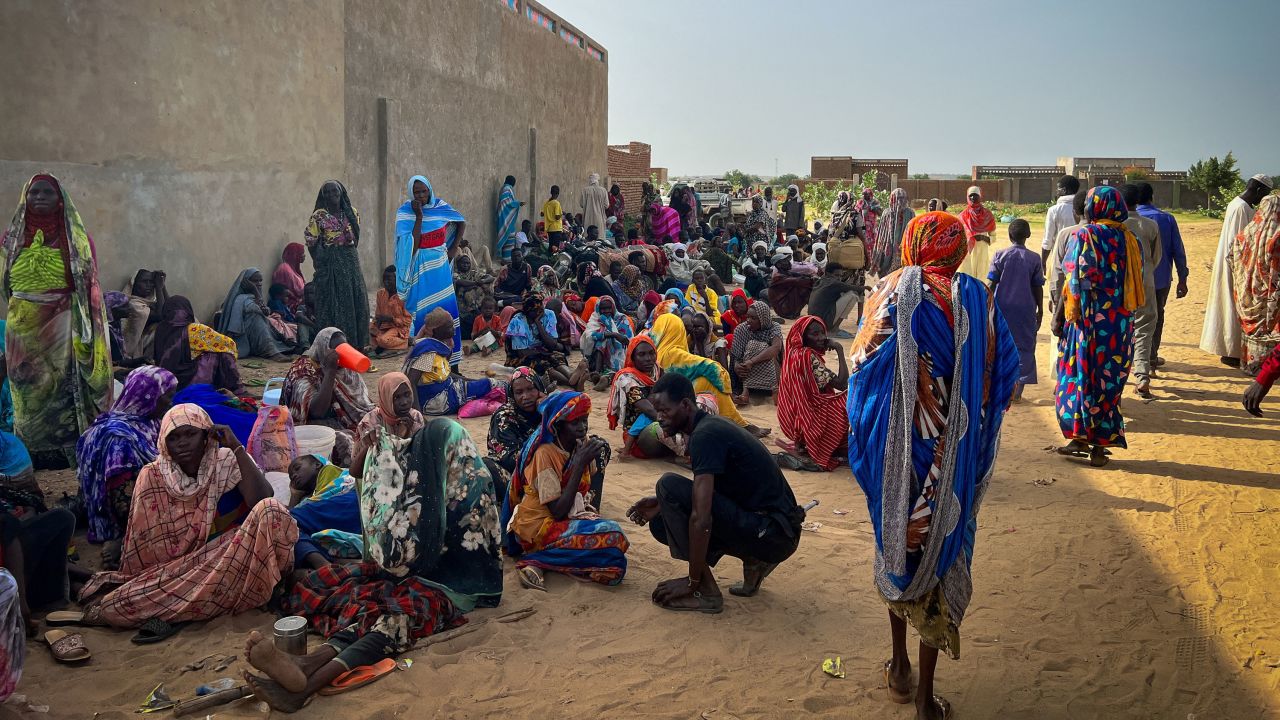
Abuse for those who flee
People fleeing El Geneina to find refuge in nearby Chad have also faced “shocking abuse” on the way, including killings, Kamal Al Din, a Darfur activist told Radio Dabanga in a radio broadcast.
A previous CNN report said that a pregnant woman was shot by the Rapid Support Forces for not having enough cash to allow her safe passage from Darfur.
Around 15,000 Sudanese refugees have fled West Darfur state and reached the Chadian town of Adré over a four day period with thousands more desperately trying to escape the area, Médecins Sans Frontières (MSF) said Tuesday.
“Many of the arrivals report seeing people shot and killed as they tried to escape West Darfur’s capital, El Geneina,” a statement by MSF said.
MSF did not name the party responsible for the killing, but Kamal Al Din blamed the Rapid Support Forces (RSF) for the attacks on those fleeing.
Last week the RSF told CNN in an emailed statement that the violence in West Darfur is a result of “tribal clashes” which have resulted in the “loss of innocent lives, widespread displacement, and immense human suffering.”
General Mohamed Hamdan Dagalo, or Hemedti, the head of the RSF, has denied accusations of responsibility for the violence, and pointed the finger at the Sudanese Armed Forces, for fueling what he presents as a “tribal” conflict.
Reports of atrocities committed by RSF fighters and their allied militias, clearly identified by their uniforms, are consistent across dozens of testimonies. They include arbitrary killings, the wholesale destruction of vital civilian infrastructure, the looting of homes and hospitals, and even mass rapes.
Users on a popular Facebook group for El Geneina asked for information on family members inside the city and if communications have been restored
“Even if [communications] are restored, is there anyone left to call?,” one user wrote in response to a question on telephone networks.

